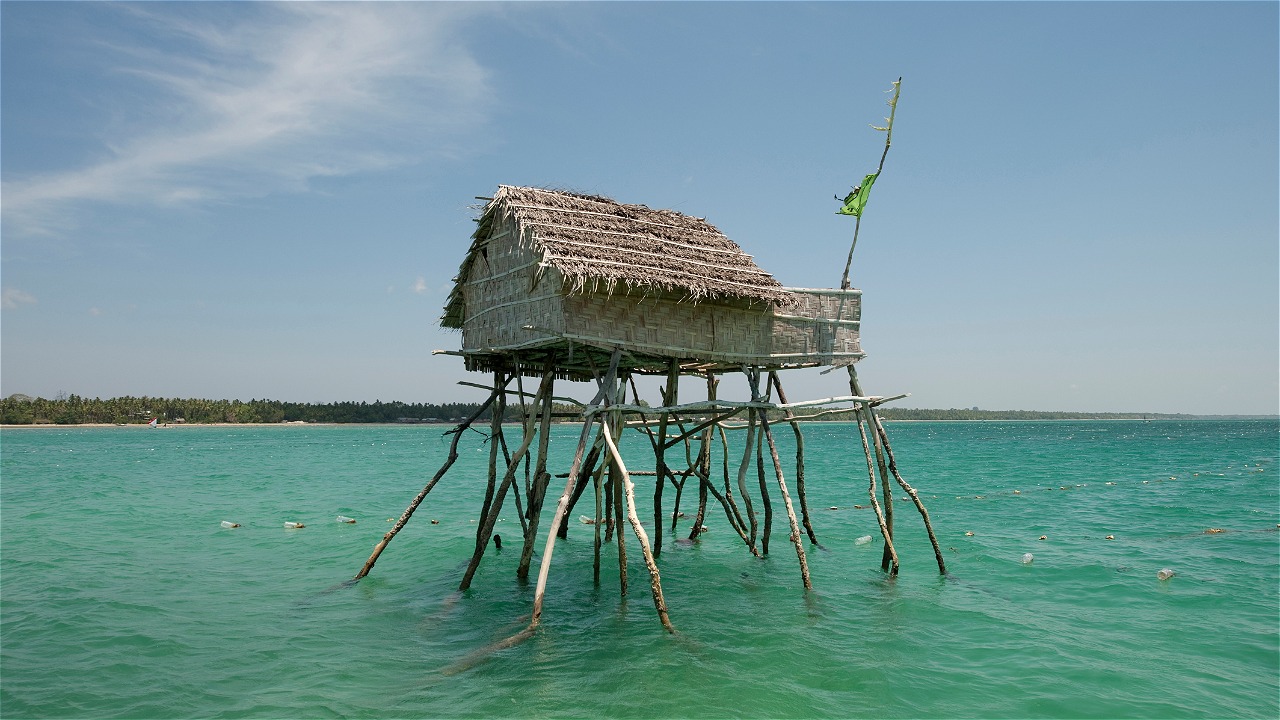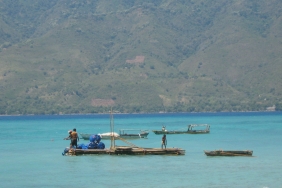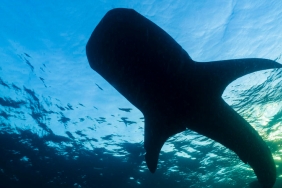WWF AND FORLA-ALOR MAKE RESPONSIBLE SEAWEED FARMING A REALITY
By Nur Ahyani
A total of 67% of the population in this district located in the easternmost part of the Nusa Tenggara Islands depend on the agriculture, forestry and fisheries sectors. In the aquaculture sector, seaweed dominates the cultivation activities. Spread across four sub-districts, namely Pantar, Northwest Pantar, Northwest Alor, Mutiara Bay, and Kabola, seaweed farming is a popular business for Alor's coastal communities. Suitable waters for cultivation and market access are key to the cultivation business.
The Alor Seaweed Forum (FoRLa-Alor) is spearheaded by eight motivators, four village collectors, and initiated and facilitated by the non-governmental organization Swiscontact. After being established six years ago on September 27, 2007, FoRLa-Alor became legal on June 26, 2008. FoRLa-Alor is currently chaired by Pelipus Laka and assisted by Helmy Janne Maro and Asyari Karim as secretary and treasurer. The forum is the only local non-governmental organization that supports the development of seaweed aquaculture in Alor District and is expected to become a central platform for information related to all things seaweed. FoRLa itself categorizes its service units into revolving fund units, business units (seedling farms, buying and selling dried seaweed, seaweed processing), information units and capacity building and training units. Not only seaweed farmers are members of this organization, but also seaweed collectors and others who care about seaweed development in Alor. FoRLa-Alor has champions in each assisted village called motivators. These motivators are the spearhead of FoRLa's information funnel. Through motivators who have been trained, learning about seaweed can reach cultivators in remote eleven villages in four sub-districts.
With the same goal of supporting the development of seaweed farming, FoRLa-Alor joined Jaring-Nusantara (JARNUS), a network of local groups and institutions initiated by WWF-ID to promote sustainable and responsible fisheries, on July 18, 2013. The six FoRLa-supported villages approved for the seaweed Aquaculture Improvement Program (AIP) are Alaang Village, Bana Village, Kabola Village, Lapang Island, Kayang Village, West Kalondama Village. Within a ten-month period of cooperation, it is expected that 20% of the total seaweed farmers in the six villages will be able to conduct cultivation that refers to the Better Management Practices (BMP) of Kotoni, Sacol, and Spinosum Seaweed Cultivation. FoRLa will also conduct BMP socialization in the near future to the cultivators. This is expected to fill the gaps between current cultivation practices and BMPs, especially in terms of business legalization, the use of quality seeds, and post-harvest handling. If the gaps are filled, the goal of realizing responsible seaweed aquaculture with the involvement of approximately 221 farmers producing ± 162 tons of seaweed can be realized.





